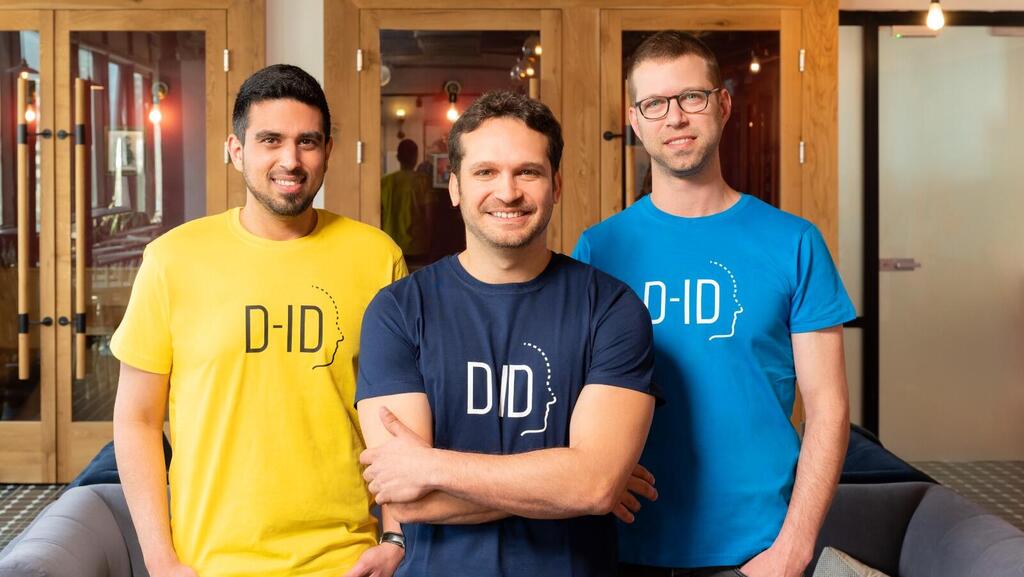Getting your Trinity Audio player ready...
Military spokesperson speaks new languages
(קרדיט צילום: חברת D-ID)
Israeli AI company D-ID launched a groundbreaking tool that can change the language in any video within seconds, seamlessly syncing the speaker’s lip movements to match the new language.
To showcase this capability, D-ID produced a video for Ynet featuring IDF Spokesperson Rear Admiral Daniel Hagari, speaking in languages you’ve never heard from him before: Chinese, French, and even Persian. Originally, Hagari spoke in English in a video released to the media by the IDF Spokesperson’s Unit.
D-ID operates in the rapidly growing field of generative AI (GenAI). Its platform enables companies and content creators to produce videos featuring virtual characters (avatars) that look like real people, narrating any desired text in any language, with a variety of voice options.
However, this new tool is a departure from the use of avatars. The newly unveiled D-ID Video Translate tool allows for the editing of real people in videos using AI. The tool preserves the speaker's original voice across different languages while adjusting lip movements to match the new language.
The technological challenge here is significant. AI and deep-fake technologies typically require hours of voice recordings and video footage to create a convincing replica of a person’s audio and visual presence. However, D-ID's new technology only needs a single video clip to train the AI, which can then replicate the speaker in a different language. The tool currently supports dozens of languages, including Arabic, Mandarin, Japanese, Hindi, Spanish, and French.
According to the company, automatic video dubbing is in high demand. Recently, platforms like LinkedIn and Instagram have introduced features allowing users to change the language of a video by adjusting settings mid-view. However, these options are only available for a limited number of videos, and the results so far have been disappointing—reminiscent of TV movie dubs where the voice doesn’t match the lip movements, creating an unnatural experience.
D-ID co-founder and CEO Gil Perry stated, "Content creators can reduce costs and expand their video campaigns into new languages. The tool leverages existing content investments—whether in marketing, education, entertainment, or social media—helping users reach new audiences and markets with localized content."
D-ID faces global competition from companies like Synthesia and Colossyan, which also offer avatar creation technologies. Recently, D-ID introduced a tool called D-ID Video Campaigns, allowing for personalized avatar creation in various languages with dynamic, user-tailored scripts. According to the company, the new tool significantly enhances engagement and conversion rates.
Earlier this year, the company unveiled another technology that transforms traditional AI chatbots, like ChatGPT, Gemini, or Copilot, into avatars. Instead of interacting with a chatbot through text messages, users can now engage in what feels like a Zoom call. This allows content creators, for instance, to hold conversations with users through their own avatars.
D-ID was founded in 2017 by Gil Perry (CEO), Sella Blondheim (COO), and Eliran Kuta (CTO). Initially, the company focused on video anonymization technologies. Later, it pivoted to synthetic video (deepfake) technologies, developing innovations like Deep Nostalgia, which animates photos of deceased individuals—a feature integrated into the platform of Israeli genealogy company MyHeritage. In 2022, as generative AI began to gain prominence, D-ID shifted its focus to AI-driven avatar creation technologies.






